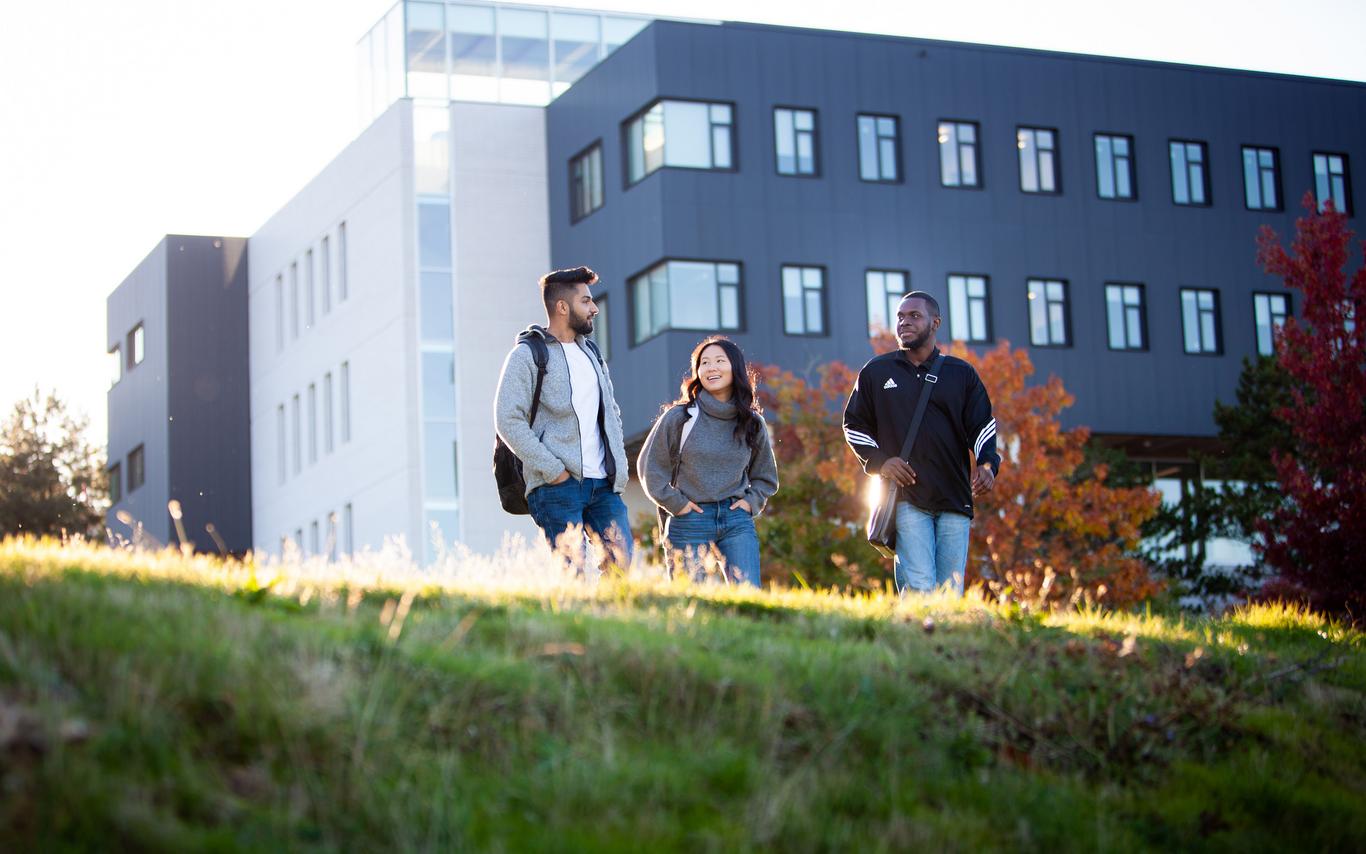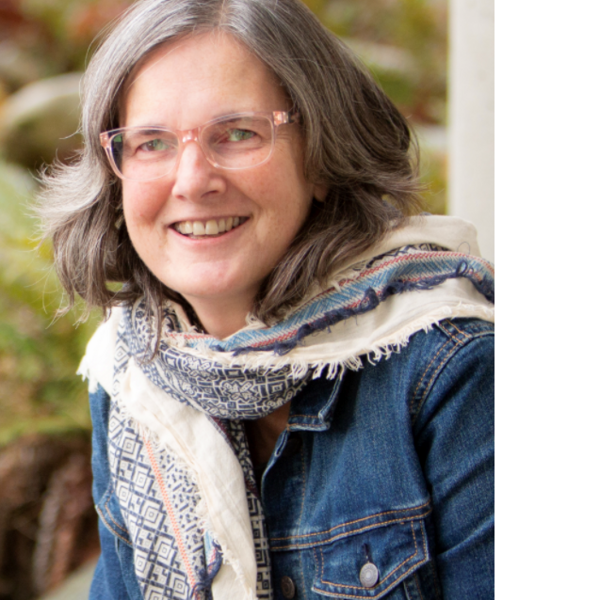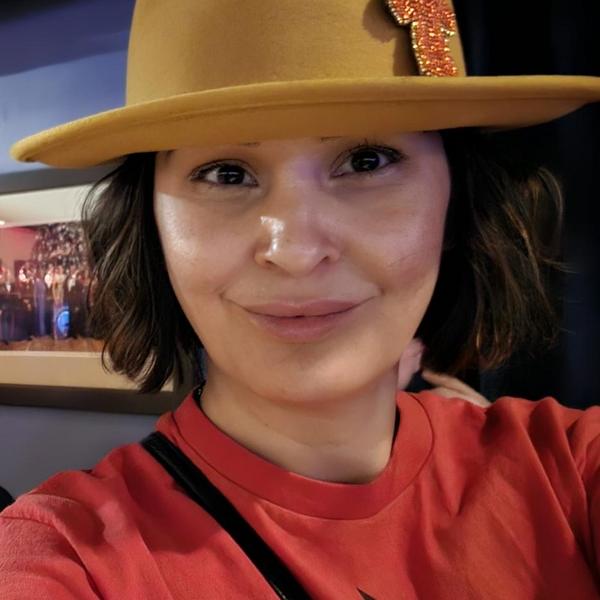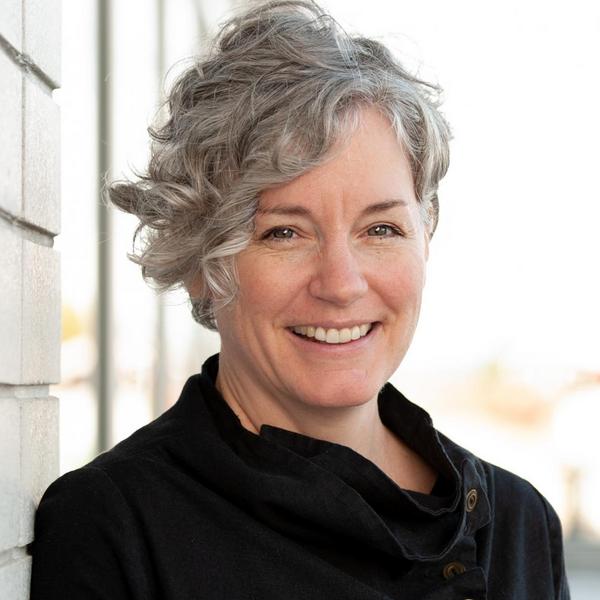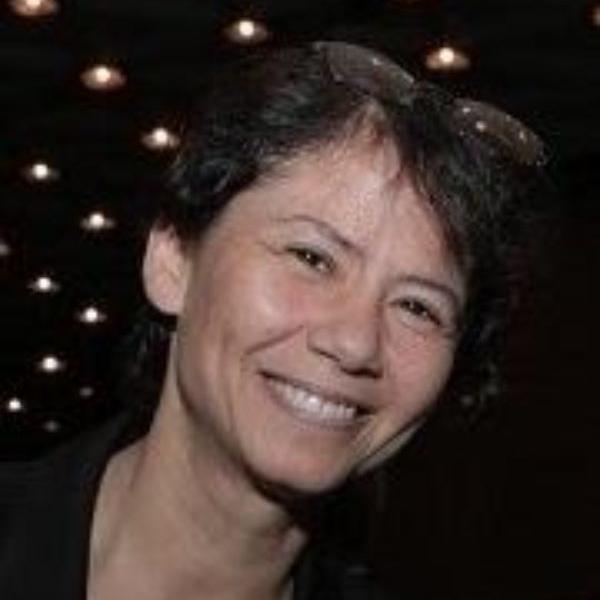Louise Stern
BSW, Ryerson University; MSW and PhD, University of British Columbia
Louise has been practicing geriatric based social work for the past 20 years and has worked in community, hospital, and long-term care settings. She received her BSW (1994) from Ryerson, and an MSW (2001) and PhD (2012) from UBC. The focus of her practice and research has been on dementia care; inter-professional care as it relates to aging and healthcare; intercultural care and the development of cultural education in health care settings; and exploring the diversity of aging Canadians. She has taught at the University of British Columbia in the School of Social Work and the College of Health Disciplines and Thompson Rivers University, School of Social Work and Human Services.
Ursula Filis
My name is Ursula Filis and I am a Treaty Status First Nations and Serbian woman, and Band member of the Pinaymootang First Nation in Treaty 2 Territory. I am a graduate of a BSW and MSW from the University of Manitoba and am currently completing my dissertation for a Doctor of Education in the Werlkund School of Education at the University of Calgary. My research is titled "Experiences of Indigenous Women Scholars in British Columbia: An Anishinaabe Case Study on the Impacts of Institutional Culture and Workload on Wellness." I have a genuine and personal dedication to the pursuit of creating, supporting, and enhancing Indigenous post-secondary programs that are meaningful to First Nation communities and non-Indigenous allies.
I have over 10 years of social work experience in the field of child welfare, Indigenous community development, policy and governance, harm reduction, and violence against women. I have over 10 years of post-secondary teaching experience in social work and Indigenous education. In addition, I have held positions as program chair, co-chair of education council, board member of a child abuse and advocacy organization, vice-president of a post-secondary institutional union, curriculum, policy and governance developer with various post-secondary institutions and First Nation communities and working with Elders to provide Anishinaabe traditional teachings n community.
My teaching philosophy is founded upon a decolonial and critical feminist perspective and am guided by my traditional Anishinaabe teachings. I believe in the importance of providing social work and human service students with an education that addresses structural and systemic oppression, racism, and discrimination. My areas of teaching include social work theory and practice, family systems, mental health, addictions, community development, and Indigenous social work practice and wellness.
Carmen Lavoie
MSW, Carleton University; PhD, McGill University
Carmen joined VIU’s Social Work Department in 2014. Carmen has worked and volunteered in various capacities related to social work for over 30 years. Her experience in the field of social work includes addictions, HIV, mental health, disabilities, individual and group counselling, violence against women, social policy, community practice as well as end-of-life practice. Carmen graduated with her PhD in 2010 from McGill University, with a focus on community practice in low-income, diverse neighbourhoods. Carmen has taught social work courses at McGill University and VIU. In 2020 Carmen was awarded VIU's Provost's Award for Excellence in Teaching Design and Practice.
Finn Meyer Cook
BFA, Concordia University; BSW and MSW McGill University; PhD (C) Carleton University
Finn brings a wealth of experience in direct practice, research and policy work to VIU. She has taught graduate and undergraduate social work courses at Carleton University and supervised practicum students at McGill. Finn brings knowledge of Indigenous and International socio-economic justice issues to her teaching. Her recent research focuses on Indigenous food sovereignty, ecology and environmental social work. She also has over 15 years of direct experience in crisis intervention, mental health, gender violence, youth group work, HIV, prevention/support and 2SLGBTQ+ advocacy and community organizing. Finn’s research and policy work includes work for the Native Women’s Association of Canada, the Canadian Council for International Co-operation, Status of Women Canada, the Canadian Labour Congress and Peru’s Gender and Economy Group. She represented EGALE Canada at the United Nations World Conference against Racism, Xenophobia and other forms of Discrimination, and spent four years in Peru working with organizations dedicated to eradicating poverty, and advancing rural agro-ecology. Finn is of Anishinaabe, Scottish and underground railroad descent. She is also an adopted member of a Willow Cree family from Beardy’s & Okemasis, Saskatchewan.
